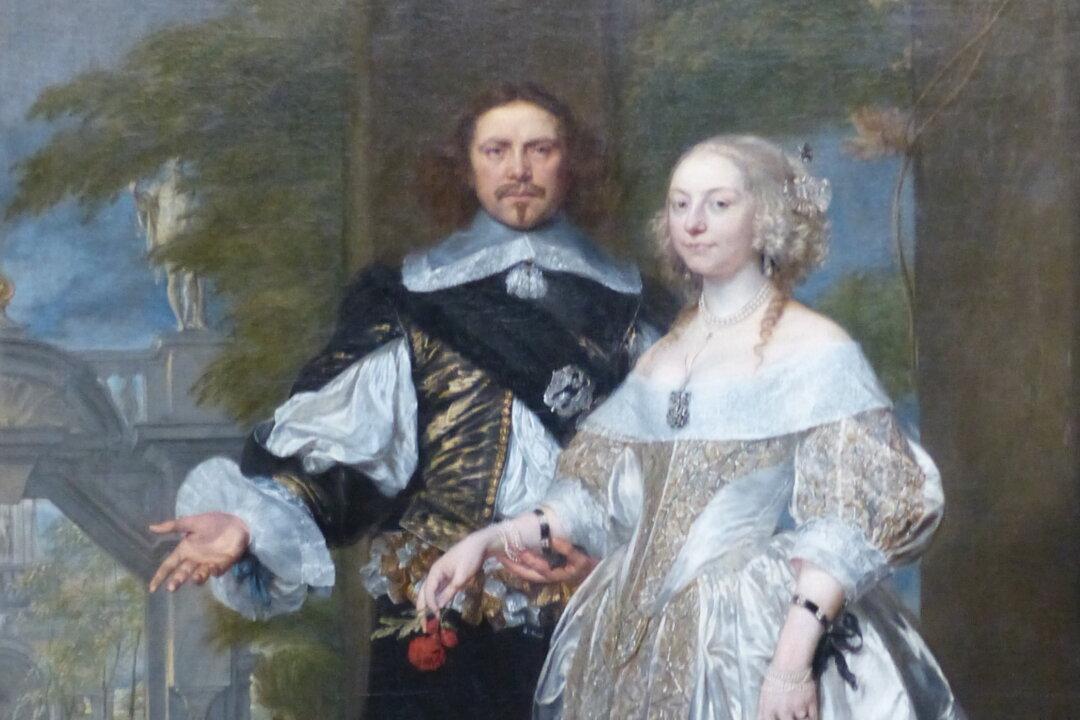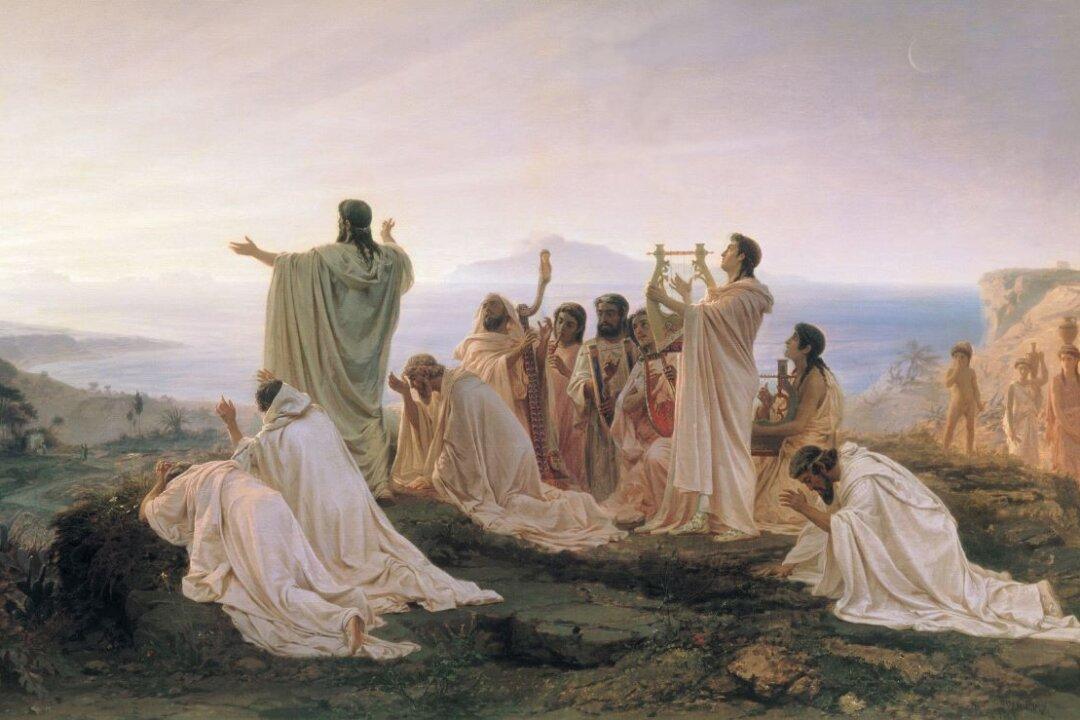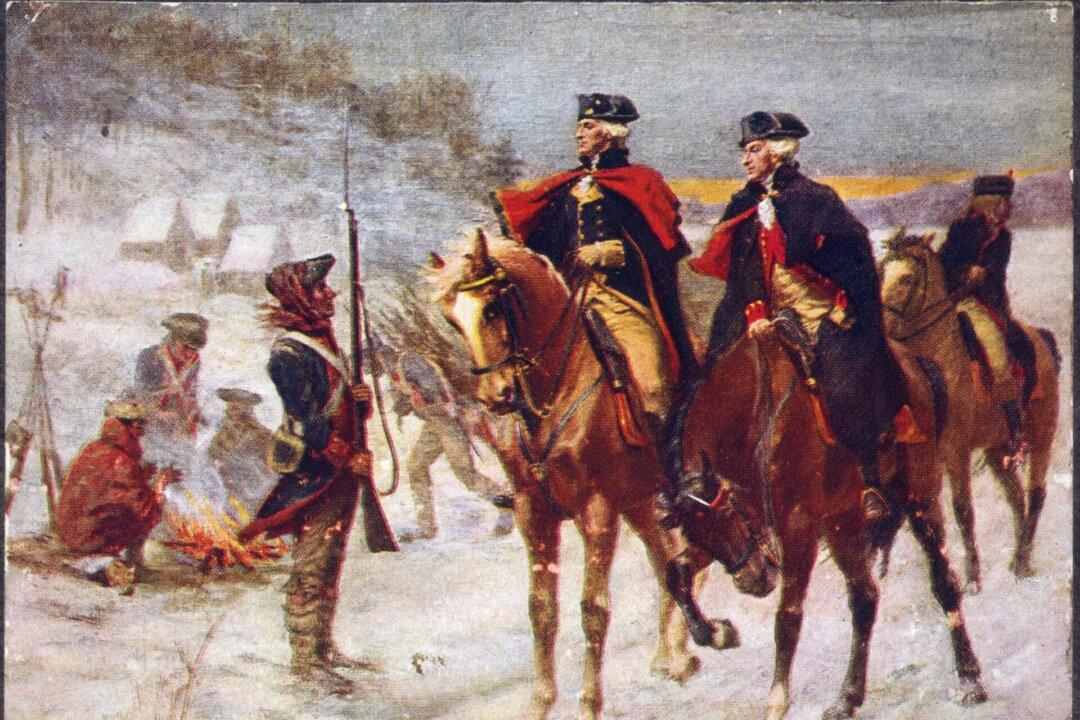The idea of virtue elicits mostly yawns these days. And to say that virtue is real, not relative, or that all virtues aren’t equal, is likely to provoke hostility.
What would someone from centuries past have to say about the “do what feels good” ethic of laziness that dominates society today? We seldom consider what the dead would think about the behavior of the living. But if we did, we might act differently.





